Now, this is by no means an "insert method of fixing everything" sort of article. I am not an expert in, well, anything. But that does not mean that we can't write up an opinion piece to give some people a new frame of perspective, right? So, methods to overcoming writer's block as a result of the world around you.
Read MoreWhat About Stories is a new podcast by Editing Mee and Collective Tales Publishing, hosted by author, editor, and publisher Elizabeth Suggs and author and editor Brandon Prows.
What About Stories features industry conversations around books, producers, writers, and everyone else involved with story creation. Our first podcast is an interview with international bestseller fantasy writer Charlie N. Holmberg. We chat about her experiences as a writer, getting to where she is, and her latest release Spellbreaker.
Read MoreEvery author has a “voice,” but the question is, do you have the right voice for your audience? You should have a voice that won’t sound too repetitive or academic. It is a voice that readers can connect with, and not just any readers, but your specific audience of readers because, yes, different types of writing require different approaches to that “voice.” Like branding or any other product, your goal is to have a unique appeal that keeps readers coming.
Read MoreEditing Mee is looking for original stories from new and seasoned writers to submit to our first fantasy anthology (book of collected short stories). We are looking for works between 2,000 - 5,000 words about characters who work in illegal or unsavory positions.
This will be historical fantasy.
Read MoreLet’s talk about villains. Villains or “bad guys” are to add conflict to your story. More than that, they’re the reason behind many of your hero’s actions. If a villain isn’t well thought out and used only as a plot device without personality or soul, they may be flat or uninteresting. There needs to be more of a purpose for the bad guy because, really, they should be just as crucial to the story as your protagonist.
Read MoreFor a novel to be successful, readers need to feel an emotional attachment to the characters. For that to work, a book’s characters need to be dynamic and well-rounded. This is true for an action-packed or plot-driven story. Readers, presumably, are humans. And like all humans, generally, we like reading about other humans. Below, I’ve listed six great ways on how to create impactful characters.
Read MoreThe Night’s End Podcast will feature one of Elizabeth Suggs’ latest chilling story, “The Night’s End.” Be sure to tune in and listen.
Read MoreYou may be asking yourself why you need a marketing plan since you’re a writer, not a marketer, but that’s where I say you’re wrong. Being a writer, you want to sell books. To sell books, you have to market yourself. No matter what type of author you are or become, whether you’re traditionally or nontraditionally published, being an author means you’re creating a brand, and essentially starting a “business.”
Read MoreIn our last post, we talked about habits, and what’s the point of them as a writer. Now, I’d like to talk about goals. The purpose of a goal is to get something done, but more importantly, it helps someone in the creative arts stay on top of their work. Without these, original work tends to happen on an “as you feel” basis. This doesn’t work, which is why goals are paramount.
Read MoreDo you know the purpose of your story? The purpose is the reasoning behind you writing it, and me reading it. There needs to be something that pushes the readers and you forward, but what is it? What kind of story do you want to end up with? It’s essential to answer these questions if you want a successful book. Below, I’ve listed five tips on how you can create purpose for your story.
Read MoreLet’s look at it like this. Plotting is how you get to choose the fundamental thoughts that are going to be running through your readers’ heads. These are the promises made by you, the author, that you intend to hold to convey your story properly.
Read More











